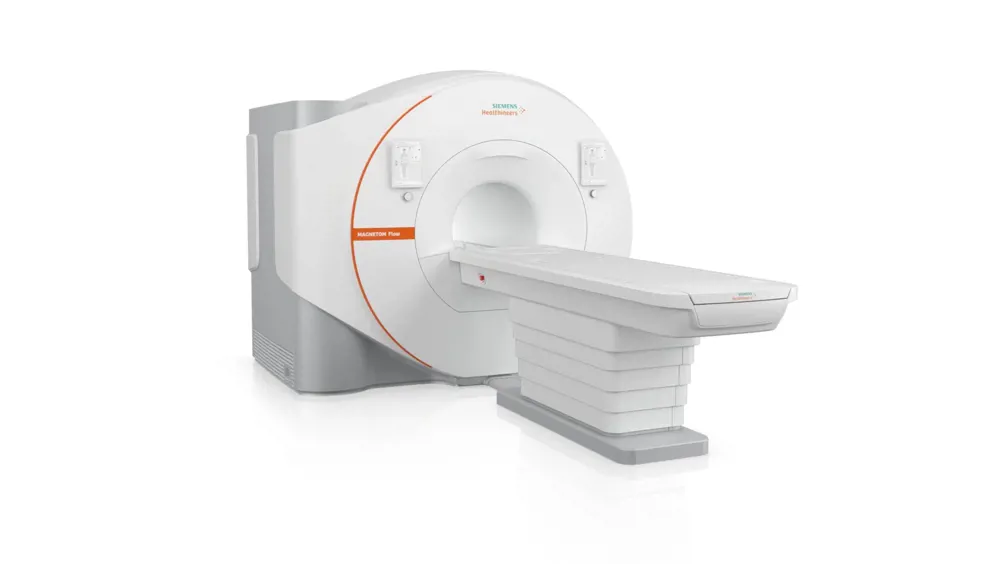Siemens Healthineers said that construction has begun on the 56,000m2 site, which will be the UK’s first major production site for the company’s DryCool technology, which reduces the amount of helium required in an MRI scanner from 1,500 litres to under one litre.
The new facility will also include a research and development hub that will design and manufacture some of the world’s smallest and most lightweight whole-body scanners.
The company said that the site is set to support over 1,300 jobs when fully operational, including the retention of over 600 Oxfordshire-based jobs currently at an existing Siemens Healthineers facility in Eynsham.
The phased transition is estimated to be completed by 2030, said Siemens, subject to variable demand for the products developed at the site.
In a statement, Prime Minister Rishi Sunak said: “I am delighted Siemens Healthineers has chosen Oxfordshire for its new facility…reinforcing the region’s status as a vanguard in healthcare and R&D.
“But as well as the incredible local benefits this will bring, this cutting-edge facility also presents an opportunity to enhance patient care globally – which means British innovation is saving lives around the world.”

With support from developer Tritax Symmetry, the building is designed to be carbon-neutral in operation, with consideration for the community and environment, and strategies aimed at reducing energy demand and increasing health and wellbeing, according to Siemens.
Beyond employment, public benefits include financial investment in the local economy along with improvements to the local highway network, and environmental benefits in terms of biodiversity net gain. This is in addition to educational commitments such as mentoring services to students in nearby schools, and increasing apprenticeship intake by a quarter over a three-year program.
“MRI technology plays a vital role in diagnosing disease, helping patients to get healthy and stay healthy. As a world leader in medical imaging, we are very proud to open the next chapter of our history here in Oxford,” said Bernd Montag, chief executive of Siemens Healthineers.
“This factory will be the global centre for our innovative low-helium magnet technology, meaning we consume far less of a scarce natural resource and enable access to MRIs for many more patients.”





‘Megaconstellations’ of satellites could endanger ozone hole recovery
Strange how we still have not learned that every thing we do to this planet has a consequence. The sooner we master a method of getting out rubbish...